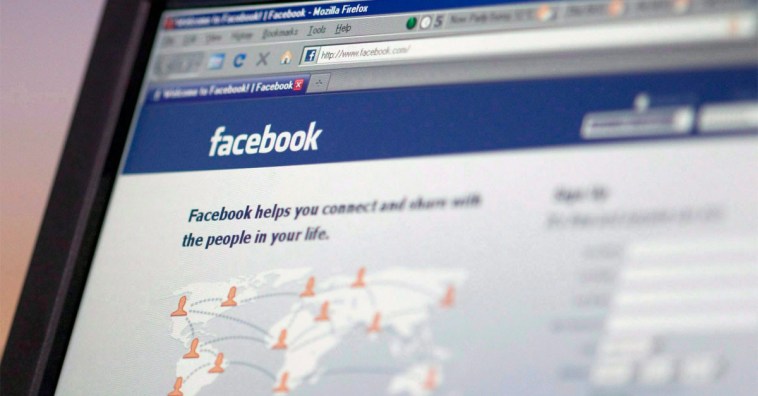If you’re all worked up over app permissions for Facebook Messenger, time to take a deep breath and relax!
Videos By Rare
There’s been big news of late about Facebook forcing users to download a separate app for mobile messaging. And a lot of misinformation has being shared about it via articles and social media.
The result has been enormous anger over the permissions forFacebook Messenger. To install the app, you have to “accept” permissions to allow access to other non-Facebook accounts, your contacts, your calendar, your device location, look through messaging from other apps, your phone call log, your pictures and on and on.
The crazy thing is Google and Apple are actually the ones behind this. App developers must use the standardized wording for permissions as dictated by their lawyers.
And, the new Messenger app doesn’t invade your privacy any more than the current Facebook app that you may already be using.
App permissions may not be as scary as they seem
We went through this with my Clark Howard on Demand app. For example, we have to ask for the right to modify or delete the contents of your USB storage. We’re not ever going to do that, but we need those permissions because we need to store podcasts on your phone.
Another example is the location permission my app requires. That’s for our time zone feature so we can make sure we’re playing the show for you at the right hour. Then there’s the camera and microphone access we ask for so podcasts can play on your phone.
It’s not as scary as it seems when you understand why certain permissions are necessary. Let’s say you have an app that allows you to edit and post photos. This app will require permission to access to your camera. If your app involves communication features, it will require permission to access your contacts and phone.
The bottom line, permissions are about functionality. And the wording that developers are bound to use were written by lawyers, not techies, so they can sound more insidious than they really are.
Another tip: When you read a tech-related article, it’s always a good idea to read the commentary afterward as well. Look for responses from IT personnel–they will lend additional perspective, and often clarify the situation better than the original reporter did.
It seems like the brouhaha over Facebook Messenger has been a mirror for people’s feelings about the company. People either love or hate Facebook and this latest episode just shows that even more.
If you are a Facebook user, know that Facebook did not design these permissions they’re asking for with the Messenger app to harm you. They may have done other things that are uncalled forin the privacy realm, but in this case, Facebook is not the guilty party!
Google and Apple, meanwhile, need to look at their permissions. Maybe there needs to be a new process to let you know what functionality is involved without all the scary, Orwellian language that freaks people out.
So if you’re one of those people angrily posting about how you’ll never use Facebook again because of the Messenger app permissions, take a chill pill and remember how much you love Facebook.
Of course, if you don’t love Facebook and you’re looking for an excuse to disengage from the service, this could be it for you!

